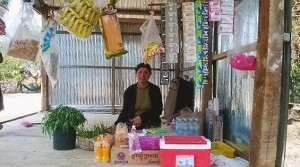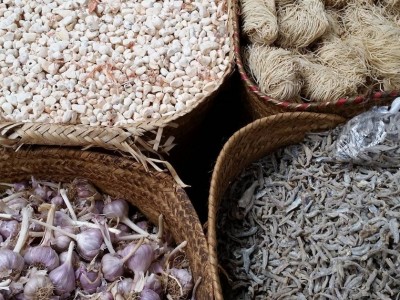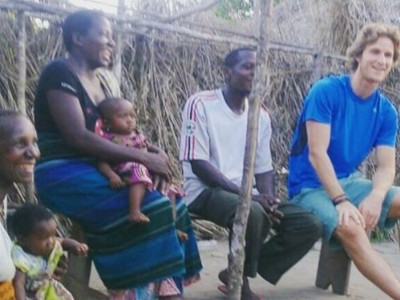2016 2nd Quarter Newsletter
Message from the Board
Dear Sponsors,
Welcome to our second newsletter. Last quarter we reflected on how we help families become food and income self-reliant, so that their children have the opportunity to grow up healthy, educated and trained to earn an income.
This quarter we would like to introduce our flexible framework that has been designed as an aid for our team’s thinking about life improvement. The framework’s purpose is to guide our thought, judgement and action in the direction of helping children grow up healthy, educated and trained to earn an income.
The framework comprises Purpose, People, Processes, and Programs:
Purpose
We help families achieve sustainable food and income self-reliance. Sustainable self-reliance meaning families can sustain life-improvements without the need for ongoing charity.
We do this because when children are supported by self-reliant families and communities, they have the opportunity to grow up healthy, educated, and able to earn an income so that they can ultimately support a family of their own and experience the joy of achievement and self-actualization.
People
Families need to have a say in how they achieve their self-reliance, so that they feel in control of their lives. This requires a grass roots bottom up approach rather than a top down implemented program.
Families also need holistic solutions to poverty. Poverty is a complex problem that cannot be solved with a single water well, one-year food supply, or home improvement. Sustainable self-reliance requires multiple solutions coupled with ongoing training and management support.
Processes
Easily repeatable processes that create value can be sustained. Processes are created by combining a series of procedures. Better Lives maintains a library of proven procedures that we combine to create sustainable processes.
Programs
A process becomes a program when it has passed sustainable self-reliance testing, and is ready to be implemented as a project for a specific child, family or school. For example, the process of creating compost becomes a soil nourishment program when it has been proven to be a sustainable solution to a family’s needs.
Our programs are grouped into six stages on a path that leads to sustainable food and financial self-reliance: Access Water, Nourish Soil, Strengthen Health, Earn Income, Improve Home and Enhance Education.
Our team hopes you enjoy reading our June blog about how families are implementing projects that move them along their path towards their very real goal of self-reliance.
The blog includes stories of schools preparing vegetable gardens for school breakfast, a family planning to start a small livestock business, and a savings and loan group.
With our gratitude and warm wishes to you,
The Better Lives Team
Featured Families
Read about more of the work we’ve been doing this quarter on our blog.
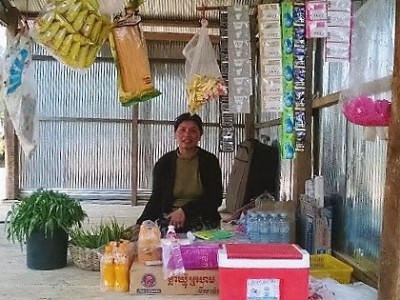
EL Family, Cambodia
As a garen shop employee, EL is working hard every day to improve the lives of his neighbors. As a father and community member, he is leading by example as he progress along the Better Lives path by nourishing his soil, growing and selling vegetables, opening a small shop, and improving his home.
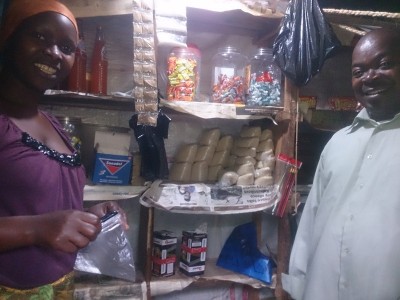
MBN Family, Tanzania
The MBN family has always been careful with their money and honest with neighbors. The social capital they have built in Mkyashi over their lives helped them qualify to receive the first loan given out by the new community banking group. To show their appreciation, they paid the loan back early!
Notes from the Road
At any given moment, members of the Better Lives family are all over the world. Employees, partners, volunteers, friends, and family share their experiences in our “Notes from the Road” blog series.

